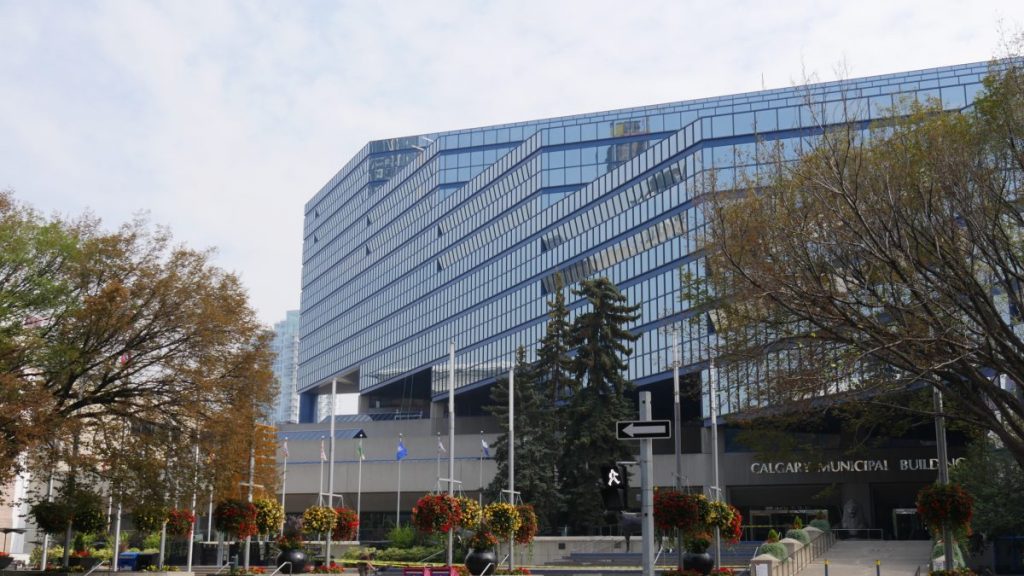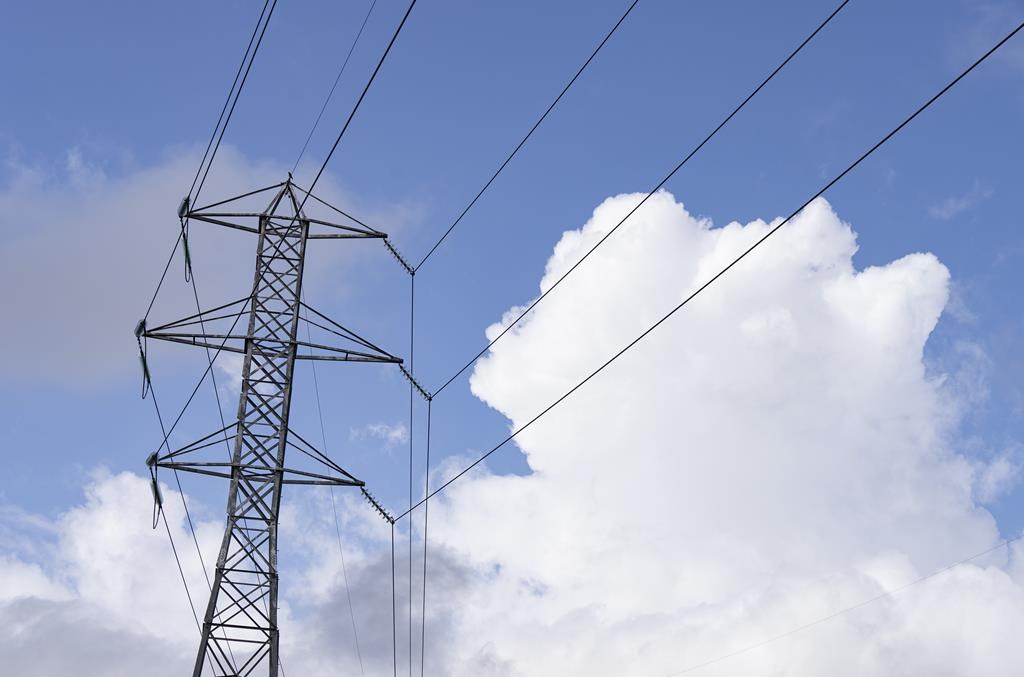Aboriginals worried about national park once NWT gains power
Posted Mar 14, 2013 2:06 pm.
This article is more than 5 years old.
YELLOWKNIFE – Some northern aboriginals are worried an agreement to transfer province-like powers to the Northwest Territories threatens plans for a long-desired national park.
The federal government promised in 2010 that a vast area on the east arm of Great Slave Lake was firmly on its way to becoming Thaidene Nene National Park. It’s a wild and wildlife-rich area the local Lutsel K’e Dene consider sacred.
But they fear that a deal signed Monday that will transfer control of the territory’s lands and resources to Yellowknife from Ottawa puts the future of that park in doubt.
“It’s a cause of great concern if there’s no commitment on the government of the Northwest Territories to respect the withdrawn area,” said Steve Nitah, head negotiator for the Lutsel K’e.
In 2007, Ottawa set aside about 3.3 million hectares of land in the area from mineral exploration while it negotiated with the Lutsel K’e about how to protect the land. The talks resulted three years later in an agreement to work toward establishing a national park.
Lutsel K’e negotiators point out that the land protection expires at the end of March 2014, the day before the territorial government is expected to assume control over federal lands in the N.W.T.
They say that if the protection is not renewed, land in the area will open to prospecting and mineral claims. And, they add, a list of federal negotiations the territory has promised to continue does not include talks on creating Thaidene Nene.
“It’s a little discomfiting not to see that agreement included on that list of agreements the N.W.T. is bound to honour,” said Larry Innes, lawyer for the Lutsel K’e.
Thaidene Nene is known to have deposits of uranium, gold and rare earth metals. It’s also considered a prime corridor for potential hydro power exports.
The territorial government has expressed its eagerness for both resource and hydro development.
A study analyzing the region’s mineral wealth has been commissioned, but hasn’t yet been released by Parks Canada.
Territorial Environment Minister Michael Miltenberger said his government will follow through on the federal promise — in some form.
“We have the ability to set up parks, conservation areas, critical habitat areas, those type of things,” he said. “There may be new things we have to create after devolution.
“We’re going to work through that process.”
The government will look at the results of the mineral survey and use them to shape talks on the area’s final boundaries, he said.
“We’re always striving for the balance between the protection of the environment and economic and resource development and there’s lots of competing needs out there, competing agendas.”
The Lutsel K’e Dene are also part of the Akaitcho land-claim negotiations.
The effort to create a national park on Great Slave Lake goes back to the 1960s.
Thaidene Nene, which means “land of our ancestors,” is an area of spectacular shoreline and islands. Dramatic waterfalls and canyons occur along the rivers flowing into the lake.
The land bridges the northern boreal forest and barren-ground tundra. It is home to moose, caribou, wolves, wolverines and owls.
The Lutsel K’e have in the past used regional regulatory agencies to block attempts at mineral development. But the powers of those boards have recently changed under recent federal legislation seeking to streamline the northern permitting process.
— By Bob Weber in Edmonton










